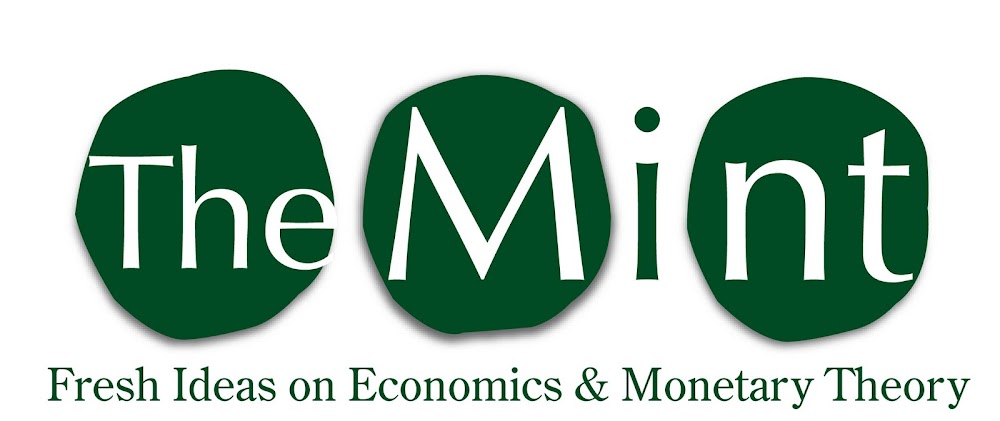7/5/2011 Portland, Oregon - Pop in your mints…
Another day, another Euro. It appears that it is still all systems go for the Greek bailout. Athens will get another shot of hot money in mid July and the charade will keep going on.
In the old communist days, the joke went “we pretend to work and they pretend to pay us.” In the current socialized monetary system, the joke goes “we pretend to cut back and they pretend we will pay them back.”
As our astute fellow taxpayers are already aware, the Greeks have no intention of changing their ways. Parliamentary promises and austerity measures are of little value when 90% of the population is against them. It is doubtful that the money lenders in Germany and France will step out of their high rises to come repossess the Parthenon.
No, they will leave that to foreign militaries as they march on Palestine.
But we are getting ahead of ourselves. Our topic of the day is why the Euro/IMF and now, reluctantly, the private sector will be “thrashing” (which must be somewhat harsher than mere hashing) out an aid plan for Greece tomorrow in France. From Reuters:
International banks and insurers will meet on Wednesday to thrash out a plan for the private sector to contribute to Greece's bailout effort as fears grow that the proposal will be derailed.
The Institute of International Finance (IIF) lobby group said it will chair the meeting of private-sector creditors.
It needs to resolve how a deal can get past credit rating agencies without it being termed a default, and how accountants will deal with it.
A lot of work remains to be done and Wednesday's meeting will not be decisive, several sources said.Of course, the issue is not complex. The Greeks have promised more than they can deliver. Anyone can do this for a time but if too much time passes, actions (overspending) speak louder than words (austerity measures).
"It's a process. The new French finance minister said today it will take weeks, over the summer. It's complex. It can't be settled overnight," a French private sector source involved in the talks said.
He said there was unlikely to be a single "one-size-fits-all solution" but rather several options, given the number of different bondholders and stakeholders involved.
"The issue is so complex that we need more time," a German banking industry source added.
Besides, for a socialist tax collecting entity such as the Greek government, austerity measures starve its customer base of revenue, lowering its own tax revenues, which in turn demand’s more austerity, etc.
For a generally unproductive country that has made the mistake of outsourcing its money printing operations like Greece, austerity is collective suicide. Even credit rating agencies and accountants can no longer ignore this dubious state of affairs.
 |
| Greece, where the Euro pays tourist prices |
Yet paradoxically, the international bankers seem intent on forcing the Greeks, against their collective will, to starve themselves. Why? Even in the parallel universe of our current monetary system this course of action makes absolutely no sense.
And that is precisely why it must be done. Somehow, the banking cartel must put on the charade of solvency. Most people, accountants and ratings agencies amongst them, have a vague understanding that saving money is equal to solvency.
How right they would be, if silver and gold were still money. In the current insane “debt is money” socialist monetary system, savings remove the lifeblood of the currency regime.
Don’t be deceived by the Euro and IMF’s words, Greece is a lost cause. It has problems that not even Christine Lagarde and her $550K pay package cannot solve.
But that won’t stop them from trying! As the explanations become more and more ludicrous across the Atlantic and Mediterranean, keep your eye on The Mint’s Key Indicators, which are still pointing at raging inflation with no end in sight in dollar land.
The only protection for savings is anything real that is not a dollar (or a promise to pay a dollar in the future, such as dollar denominated bonds). How is that for investing made simple? So many options!
Stay Fresh!
David Mint
Email: davidminteconomics@gmail.com
P.S. For more ideas and commentary please check out The Mint at www.davidmint.com
Key Indicators for July 5, 2011
Copper Price per Lb: $4.30
Oil Price per Barrel: $96.83 A FAILURE TO INFLATE, WILL TREND LOWER
Oil Price per Barrel: $96.83 A FAILURE TO INFLATE, WILL TREND LOWER
Corn Price per Bushel: $6.80 MONETARY POLICY IS NOT WORKING
10 Yr US Treasury Bond: 3.14% WITH THE FED OUT, THE SKY’S THE LIMIT
FED Target Rate: 0.07% JAPAN HERE WE COME!
10 Yr US Treasury Bond: 3.14% WITH THE FED OUT, THE SKY’S THE LIMIT
FED Target Rate: 0.07% JAPAN HERE WE COME!
Gold Price Per Ounce: $1,516 BENEFITING FROM PERMANENT UNCERTAINTY
MINT Perceived Target Rate*: 2.00%
Unemployment Rate: 9.1%
Inflation Rate (CPI): 0.2%
Dow Jones Industrial Average: 12,570 WINDOW DRESSING FOR 401K PORTFOLIOS
M1 Monetary Base: $1,954,300,000,000 RED ALERT!!!
M2 Monetary Base: $9,098,400,000,000 YIKES!!!
Unemployment Rate: 9.1%
Inflation Rate (CPI): 0.2%
Dow Jones Industrial Average: 12,570 WINDOW DRESSING FOR 401K PORTFOLIOS
M1 Monetary Base: $1,954,300,000,000 RED ALERT!!!
M2 Monetary Base: $9,098,400,000,000 YIKES!!!

No comments:
Post a Comment